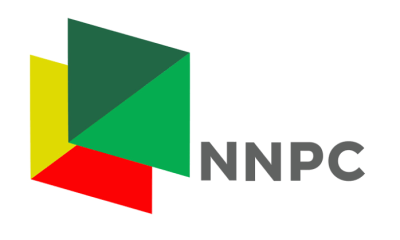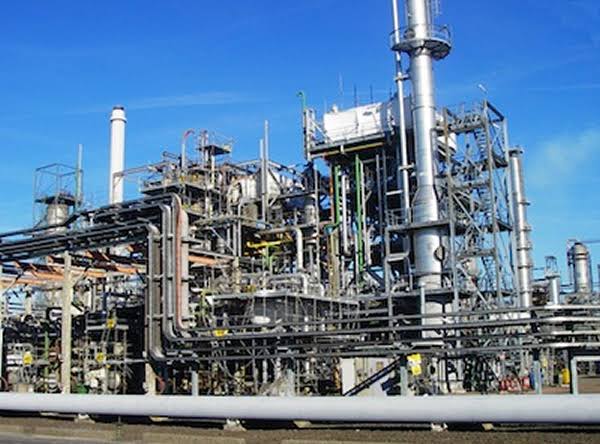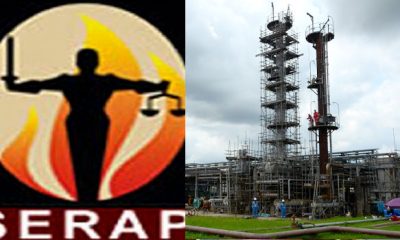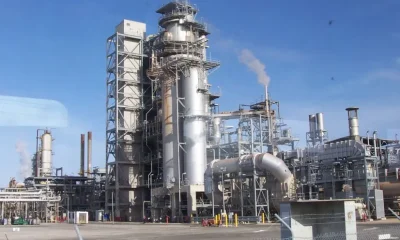News
Nigerians Express Frustration as Transport Fares Remain High Despite Petrol Price Reduction
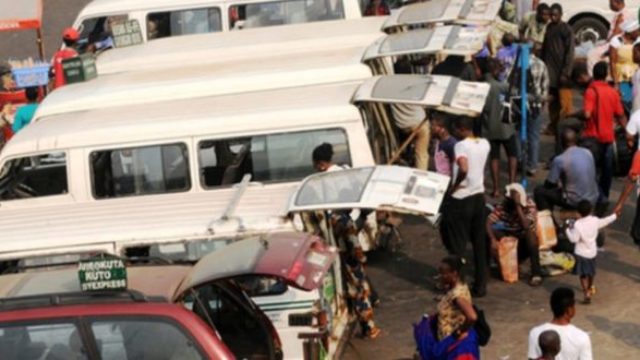
- Nigerians lament unchanged transport fares despite lower petrol prices.
- Experts blame high costs on import dependence and weak local production.
- Calls grow for fair pricing and economic reforms.
EKO HOT BLOG reports that on December 19, 2024, Dangote Refinery slashed the ex-depot price of petrol from N970 to N899.50 per litre, sparking competitive pricing in the downstream sector. In response, the Nigerian National Petroleum Company Limited (NNPCL) adjusted its ex-depot price to N899 per litre.
Additionally, Dangote Refinery partnered with MRS petrol stations to retail petrol at N935 per litre, which was expected to ease the burden on Nigerians.
Aliko Dangote, President of Dangote Industries Limited, attributed the price reduction to market dynamics. However, citizens argue that transport fares remain disproportionately high, even after the adjustment.
Many Nigerians took to social media to voice their frustrations.
An X user, AsiwajuOladimeji, criticized the greed of transporters: “When PMS was N1,200 a litre, transporters increased fares. Now that it’s cheaper, fares remain high. Sometimes, it’s not about the government but our greed.”
EDITOR’S PICKS
- Polaris Bank’s Initiatives Ensure Continuous Education for Over 16,000 Students
- Verydarkman Pranks Nigerians: No N180 Missing From NGO Funds
- Why I Faked Missing N180m — VeryDarkMan
Another user, Arakunrin, highlighted the escalating fares despite the price reduction: “Oshodi to Iyana-Ipaja went from N500 to N700 when petrol prices rose. Now that prices are down, the fare is N1,000. It’s frustrating.”
User BrendanChampion argued that the marginal reduction in petrol prices is insufficient to impact transport costs, while #Undisputed stated that fares charged during the N1,200 per litre era were already inadequate.
In contrast, Wemmy observed that the percentage increase in transport fares was less than the rise in petrol prices: “Fuel prices surged by over 500%, but fares increased by only 100-200%.”

Others like AghaNigerian and Linus Lincoln highlighted additional factors, including the high fees charged by the National Union of Road Transport Workers (NURTW) and opportunistic fare hikes during events.
Dele Oye, President of the National Association of Chambers of Commerce, Industry, Mines, and Agriculture (NACCIMA), attributed the high costs to Nigeria’s economic structure, emphasizing the dollar’s impact.
“The dollar affects everything—power, transport, and goods—because we are a demand economy relying heavily on imports,” Oye explained.
FURTHER READING
- Why We Must Increase Call, Data Tariffs In 2025 – Telecoms Operators
- 19 Year old Arraigned in Kaduna for Allegedly Stabbing Uncle
- Diversify or Face Poverty: Abbas Calls for Economic Shift
He noted that Nigeria’s production capacity meets less than 30% of the nation’s needs, urging the government to provide single-digit interest loans to the private sector to boost local production and reduce import dependency.
While petrol price reductions have offered some relief, Nigerians grapple with high transport fares. Experts suggest that addressing broader economic challenges, including local production and currency stability, may be key to achieving sustainable solutions.
Here is the video of the week
Advertise or Publish a Story on EkoHot Blog:
Kindly contact us at [email protected]. Breaking stories should be sent to the above email and substantiated with pictorial evidence.
Citizen journalists will receive a token as data incentive.
Call or Whatsapp: 0803 561 7233, 0703 414 5611


